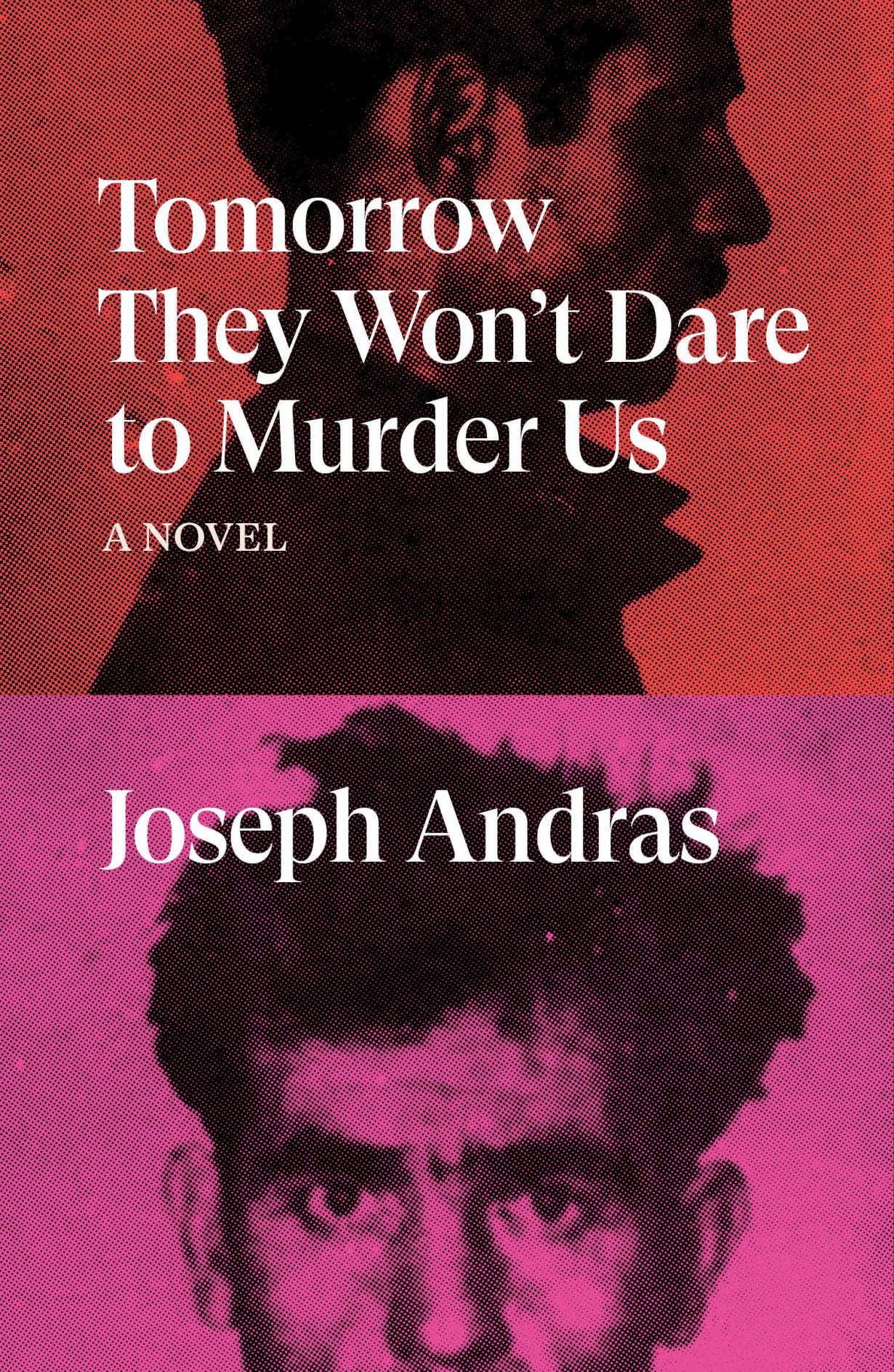
Joseph Andras’s debut novel won the Prix Goncourt back in 2016. But prizes are no reason to pick up a book. Its plot follows the final months in the life of Fernand Iveton, a (real-life) Communist member of Algeria’s National Liberation Front (FLN), from his arrest in November 1956, following a thwarted bombing attempt, to his execution by guillotine on 11 February 1957. Iveton is also a pied-noir, the term used to describe French nationals who were born in Algeria between 1830 and 1962, the period of French colonial rule; indeed, he holds the distinction of being the only such member of the FLN to be executed by the French state (as opposed to being killed in combat) during the Algerian War. He is between identities: traitor and liberator; colonised and coloniser; oppressor and oppressed. The French keep wanting to render his name more French, as ‘Yveton’; while, as the novel progresses, the number of phrases rendered in Arabic script increases. And as for Iveton himself, he loves France, he declares during his trial, but hates colonialists. And while he is adamant that none of his actions should result in the death of a person (the only thing his bomb was intended to harm was machinery), he believes that it’s only through action that Algeria can achieve independence. ‘The [Communist] Party… couldn’t decide what to do: it was for independence, but not armed struggle,’ says Iveton while justifying his decision to join the FLN. ‘But how else could independence be won, in this context?’
In Andras’s telling, he’s a remarkably complex man. But one whose dilemmas – judging how far one should go to achieve change being just one of them – find a clear resonance in the issues we face in struggles for justice of all sorts today. Then, as now, the function of justice is as much about giving ‘the people’ what they want (Iveton was described as a killer in the French press, despite the fact that his bomb didn’t go off and no one had died), as it is a matter of what is right. While Iveton is imprisoned, random Arabs, in the wrong place at the wrong time,
are lynched following bomb attacks in Algiers; just as Iveton’s lawyers explain that his legally persuasive appeals for clemency have come at the ‘wrong time’ for France.
Iveton’s execution was pushed by Justice Minister François Mitterand, whose catchphrase was ‘Algeria is France’, and who, ever the opportunist, abolished the death penalty once elected president of the French Republic, in 1981. Iveton allowed him to demonstrate that French ‘traitors’ would be treated in the same way as Algerian revolutionaries (45 Algerians were executed in Mitterand’s year in charge of justice, during which he also pressed President René Coty to reject 80 percent of clemency appeals): a warped reflection of the very égalité for which Iveton was fighting. While the latter thinks he is dying for Algeria, Andras’s Coty implies that he is dying for France.
While the novel is structured around the events of a few bleak months, the circumstances, both personal and political, that led Iveton to his predicament are revealed in flashbacks that are seamlessly inserted into the text. From the evolution of his romance with his wife, Hélène (blonde and Slavic-featured, who herself aided the Resistance during the Second World War), to his more abstract love affair with Algerian independence. Both have fumbling beginnings but concrete ends. The first a clear success; the second a foggy failure, trapped between the poles of France and Algeria, the Communist Party and the FLN (the Algerian Communist Party was initially opposed to insurrection, but later allowed members to join the FLN in a private capacity). Iveton has been under observation, he is captured, tortured, then tried by a military tribunal and convicted in a day.
Haunting it all (and referenced twice) is France’s most celebrated pied-noir, Albert Camus, whose background and ideological dilemmas were similar to Iveton’s and who claimed that the situation in Algeria ‘affected him like a pain in the lungs’. But Camus was opposed to independence (and later accused of implicit colonialism by critics such as Edward Said); he proposed various unworkable truces for the conflict and is believed by some to have unsuccessfully intervened for clemency on Iveton’s behalf. While Meursault, the main protagonist in Camus’s most famous work, The Outsider (1942), is condemned to death because he doesn’t feel enough, Andras’s Iveton is condemned because he feels too much.
Tomorrow They Won’t Dare to Murder Us by Joseph Andras, translated by Simon Lester, Verso, £8.99 (softcover)